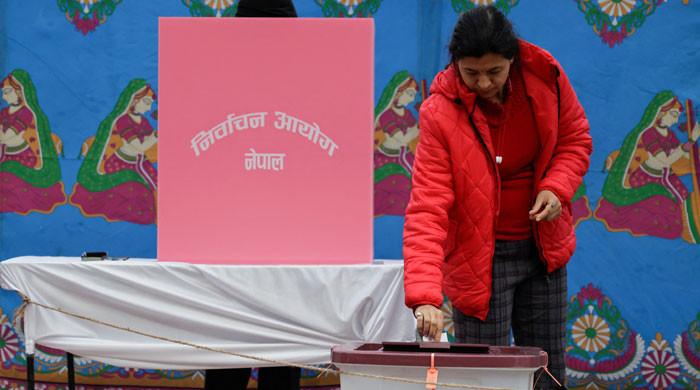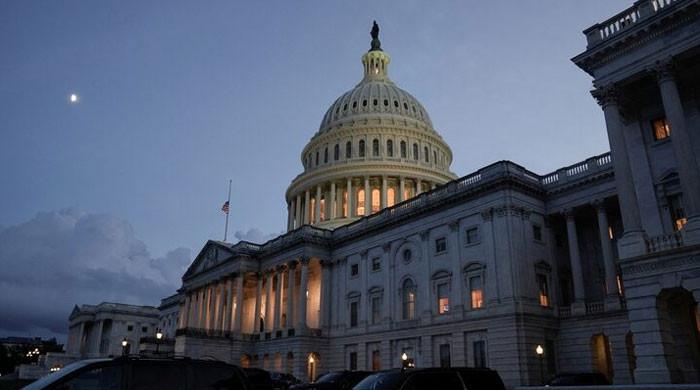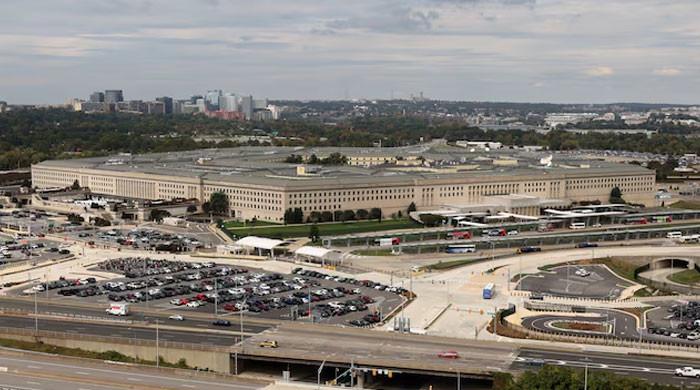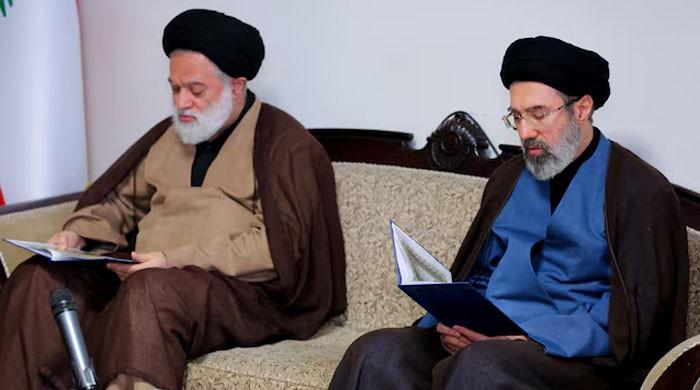China calls upon India to view bilateral ties as partnership, not rivalry
China ready to uphold principle of cordiality, mutual benefit with India, says Chinese ministry's readout
August 19, 2025
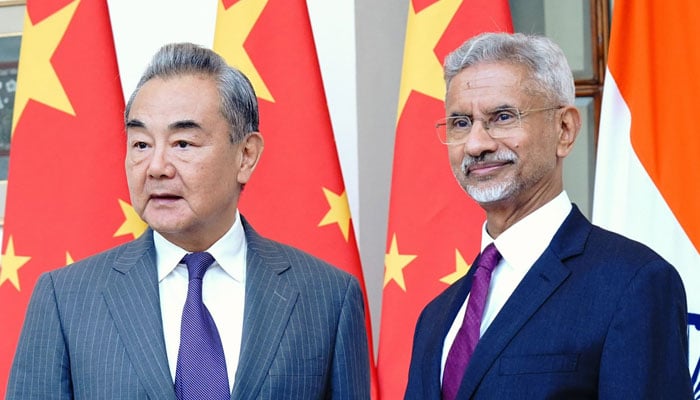
- FMs of China, India discuss border peace, trade to boost ties.
- FM Wang says dialogue with India was gradually restored.
- Wang arrives New Delhi on Monday for two-day visit.
BEIJING/NEW DELHI: China and India should establish "correct strategic understanding" and regard each other as partners, not rivals, Chinese Foreign Minister Wang Yi said to his Indian counterpart on Monday, according to his ministry.
China is ready to uphold the principle of cordiality, mutual benefit with India, the Chinese ministry's readout of the ministers' meeting in New Delhi showed.
Earlier, he and his Indian counterpart Subrahmanyam Jaishankar discussed border peace, trade issues and bilateral exchanges, aiming to strengthen cooperation between the two countries.
"We had productive conversations on our economic and trade issues, pilgrimages, people-to-people contacts, river data sharing, border trade, connectivity and bilateral exchanges," Jaishankar said.
He added that the discussions would contribute to building a stable, cooperative and forward-looking relationship between India and China.
The Chinese foreign minister said exchanges and dialogue at all levels between both countries had been gradually restored and bilateral relations were returning to cooperation, a Chinese readout showed.
Wang also urged both sides, as major countries, to set an example for other developing countries to unite and strengthen themselves, according to the statement.
China and India should establish "correct strategic understanding, regard each other as partners and opportunities, not as rivals or threats," the statement cited Wang as saying.
Wang arrived in the Indian capital on Monday for a two-day visit during which he will hold the 24th round of border talks with Indian National Security Adviser Ajit Doval and also meet Prime Minister Narendra Modi.
Earlier in the day, Jaishankar had said that discussing border issues was very important because the basis for any positive momentum in India-China ties was the ability to jointly maintain peace in border areas.
"Having seen a difficult period in our relationship, our two nations now seek to move ahead. This requires a candid and constructive approach from both sides," Jaishankar told Wang in his opening remarks.
It is also important for the two countries to pull back their troops amassed along their disputed border in the western Himalayas since a deadly border clash in 2020, Jaishankar said.
Wang's visit comes days before Modi travels to China - his first visit in seven years - to attend the summit of the Shanghai Cooperation Organisation, a regional political and security group that also includes Russia.
Relations between the Asian giants began to thaw in October after New Delhi and Beijing reached a milestone pact to lower military tensions on their Himalayan border following talks between Chinese President Xi Jinping and Modi in Russia.
Ties between the two countries deteriorated sharply following a military clash on that border in the summer of 2020 in which 20 soldiers from India and four from China were killed.




